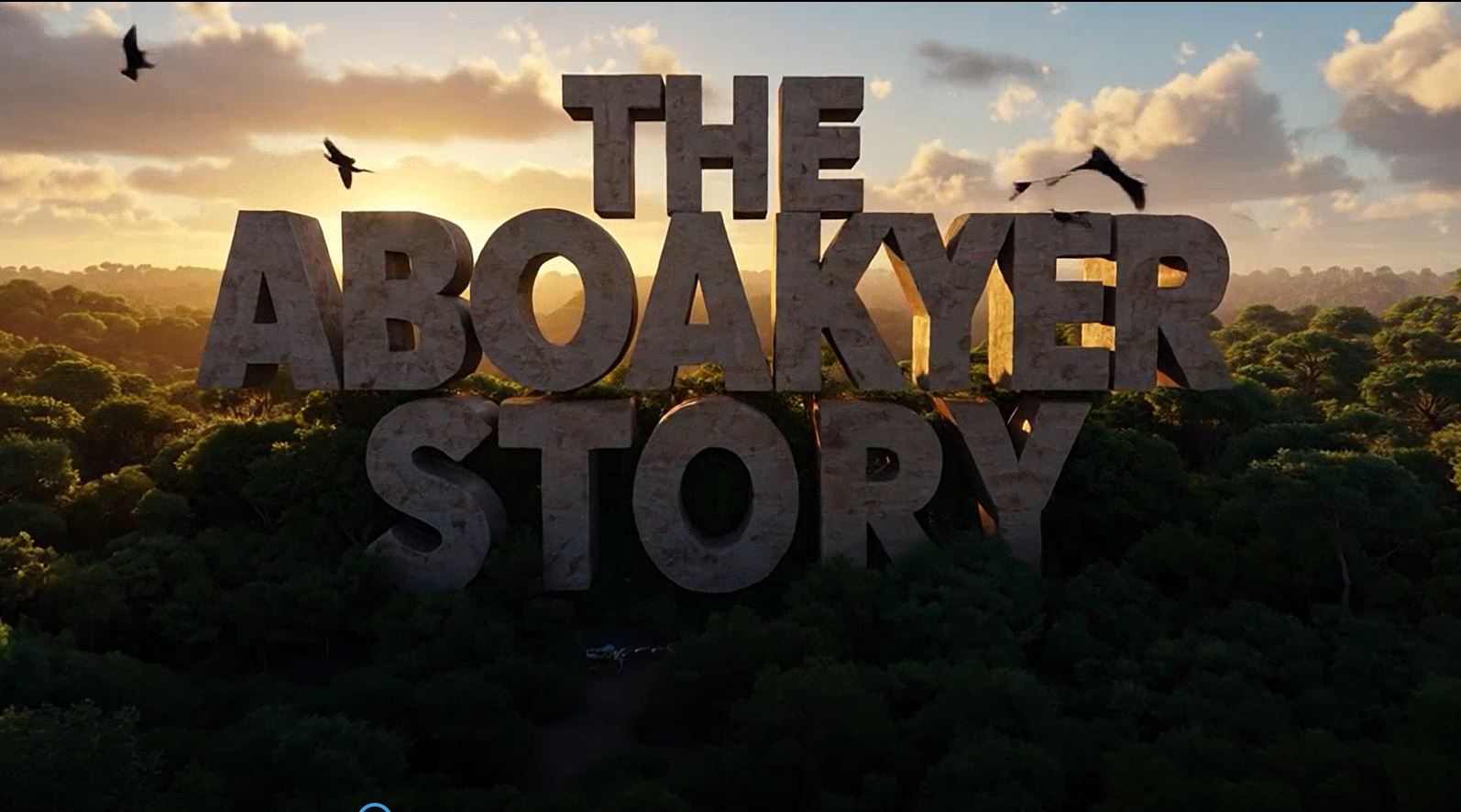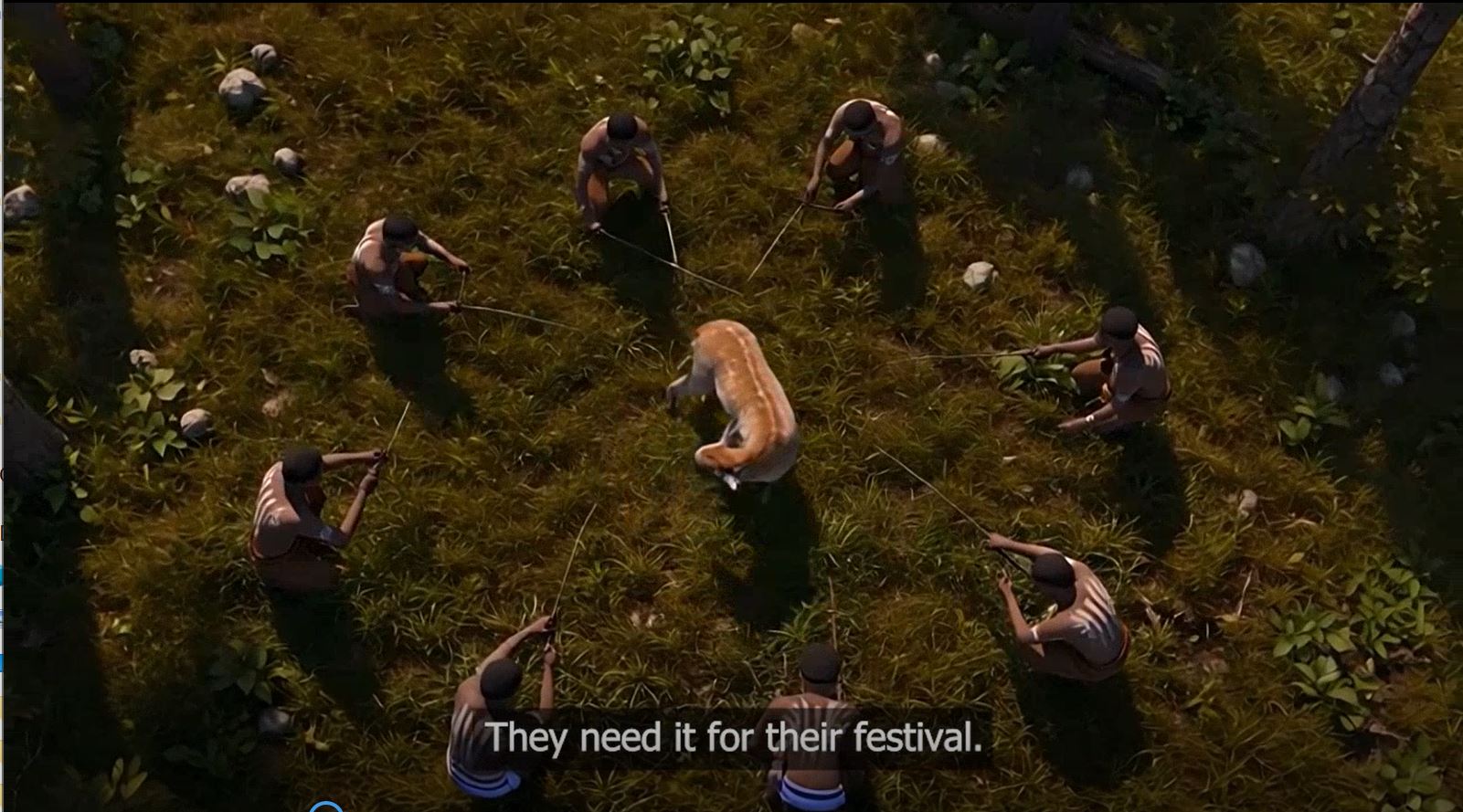AI-Assisted Digital Narrative of the Aboakyer Festival
Patrique deGraft-Yankson (May 2025)
In the wake of artificial intelligence’s persistent and seemingly unstoppable integration into artistic production, the School of Creative Arts at the University of Education, Winneba, remains deeply committed to exploring meaningful and ethically grounded ways of engaging AI technologies in creative practice, ensuring that the integrity and essential “soul” of artistic expression are preserved. This commitment is especially critical in the current climate, where some students are increasingly applying AI in desperate, and at times unethical, ways — practices that not only undermine the intended purpose of technological integration but also risk stifling authentic creativity and innovation. As an art educator, I find that this broader institutional mission closely aligns with my own ongoing scholarly and creative inquiry into the significance of indigenous knowledge systems within educational frameworks, particularly where they intersect with contemporary art and design practices.
My current efforts to integrate AI into my teaching are therefore driven by a conviction that AI is not merely a tool for innovation but a critical medium through which traditional artefacts, artistic practices, and cultural narratives can be preserved, revitalised, and recontextualised for contemporary audiences. By leveraging modern technological capacities, we can not only safeguard these cultural treasures but also amplify their visibility, making them more engaging and accessible on global platforms. This dual process of preservation and projection reinforces the value of indigenous heritage while opening up new interpretive and interactive possibilities that resonate across cultural and international boundaries.
The video presented here is the outcome of a collaborative project undertaken by a seven-member postgraduate research team under my supervision. The team was tasked with the challenge of digitally reinterpreting and retelling the story of the Aboakyer Festival (a centuries-old cultural event celebrated by the Effutu people of Ghana). Through the strategic use of digital tools, artificial intelligence applications, and culturally sensitive creative approaches, this project seeks to honour the deep historical, philosophical, and symbolic meanings embedded within the festival while presenting them in a form that bridges traditional knowledge with cutting-edge technological expression. In doing so, the project stands as both a scholarly exploration and an artistic statement, demonstrating how AI can serve as a powerful conduit for cultural continuity, innovation, and global cultural engagement in the 21st century.


